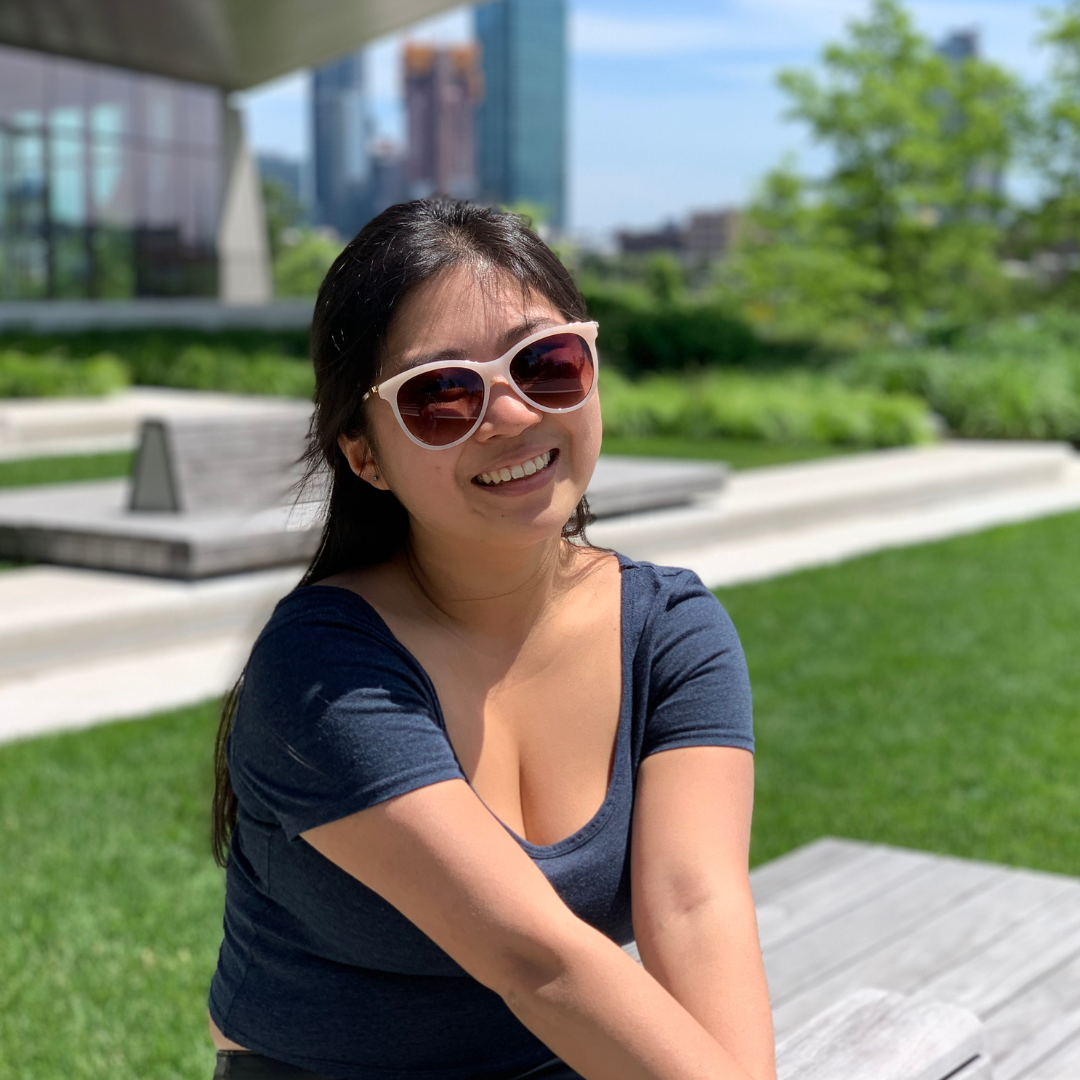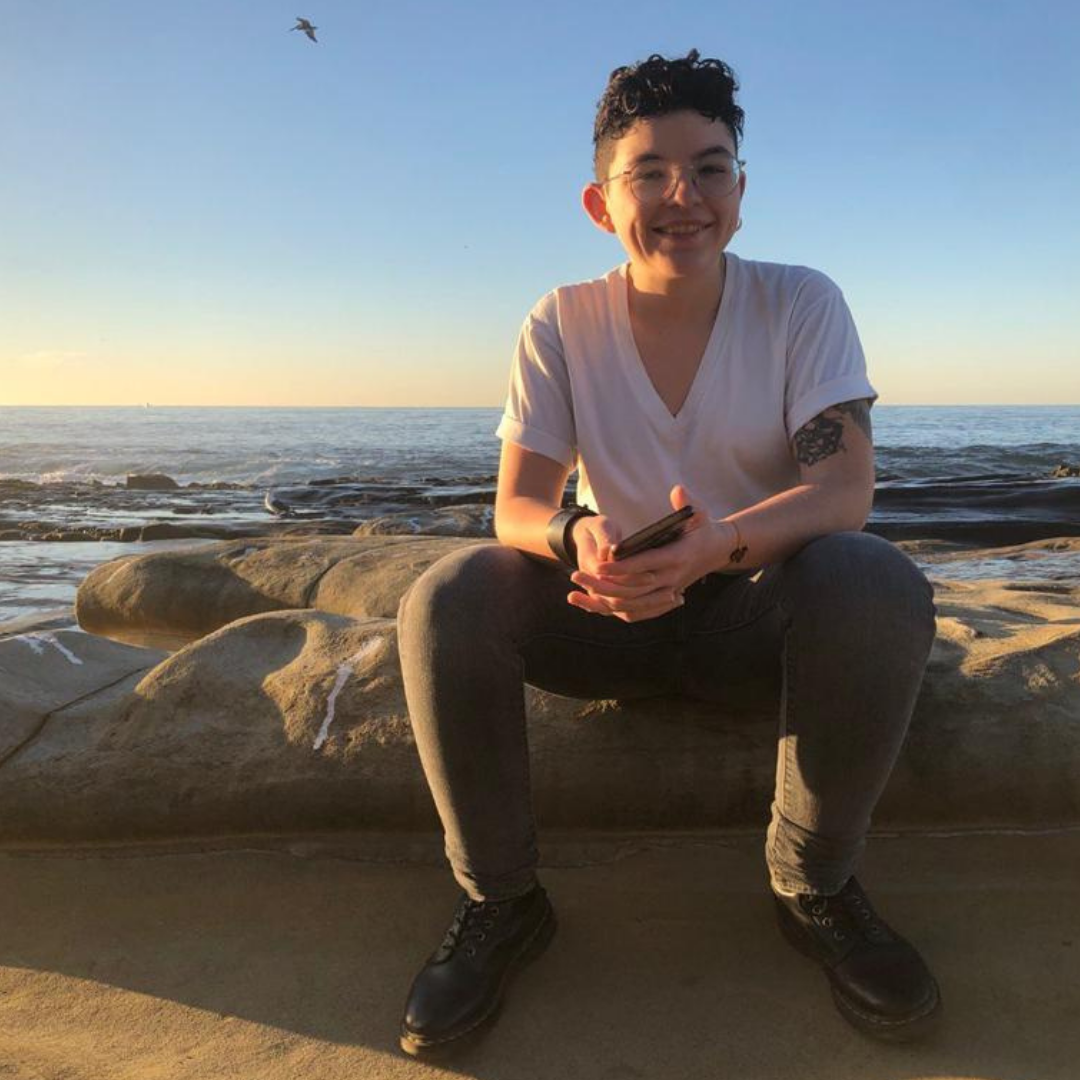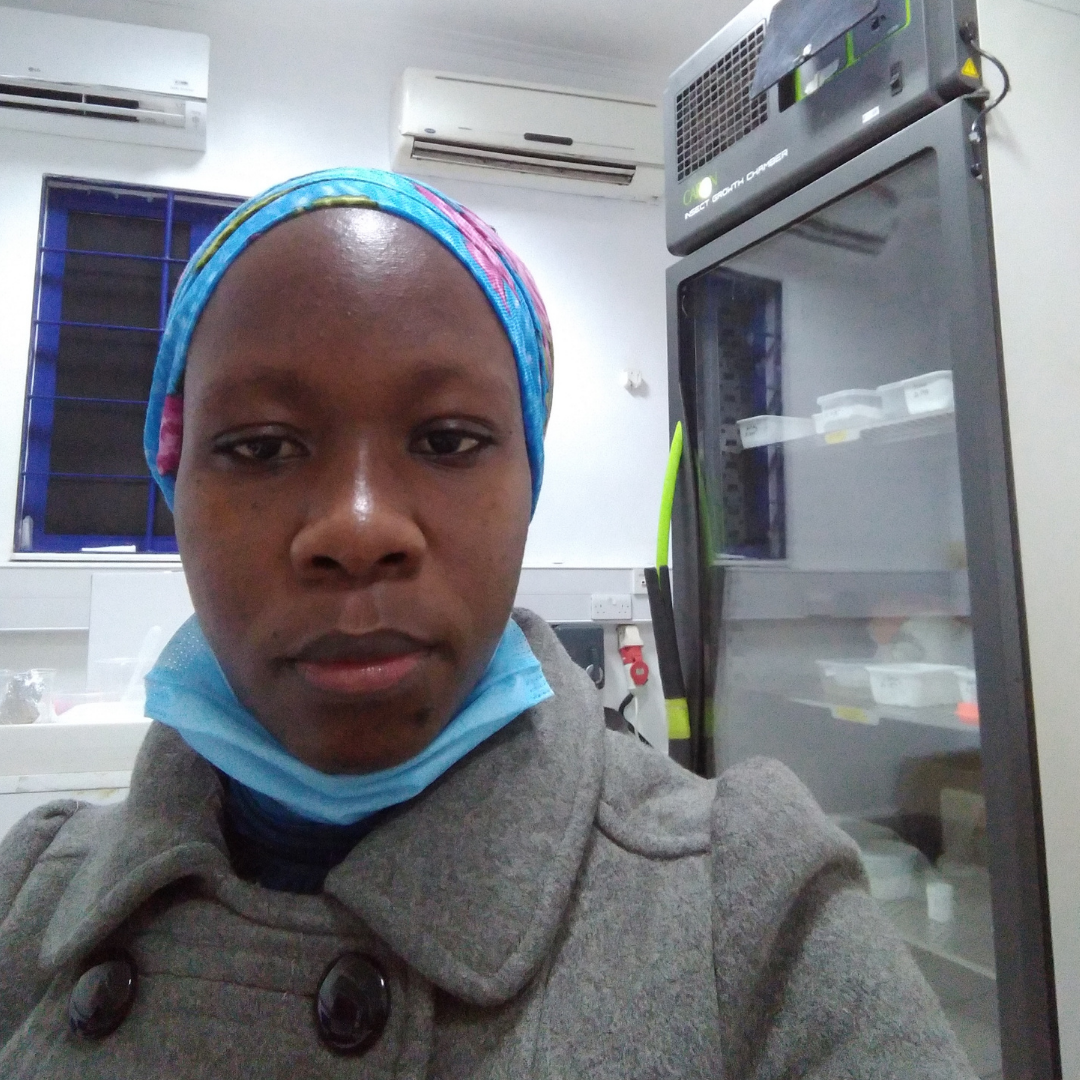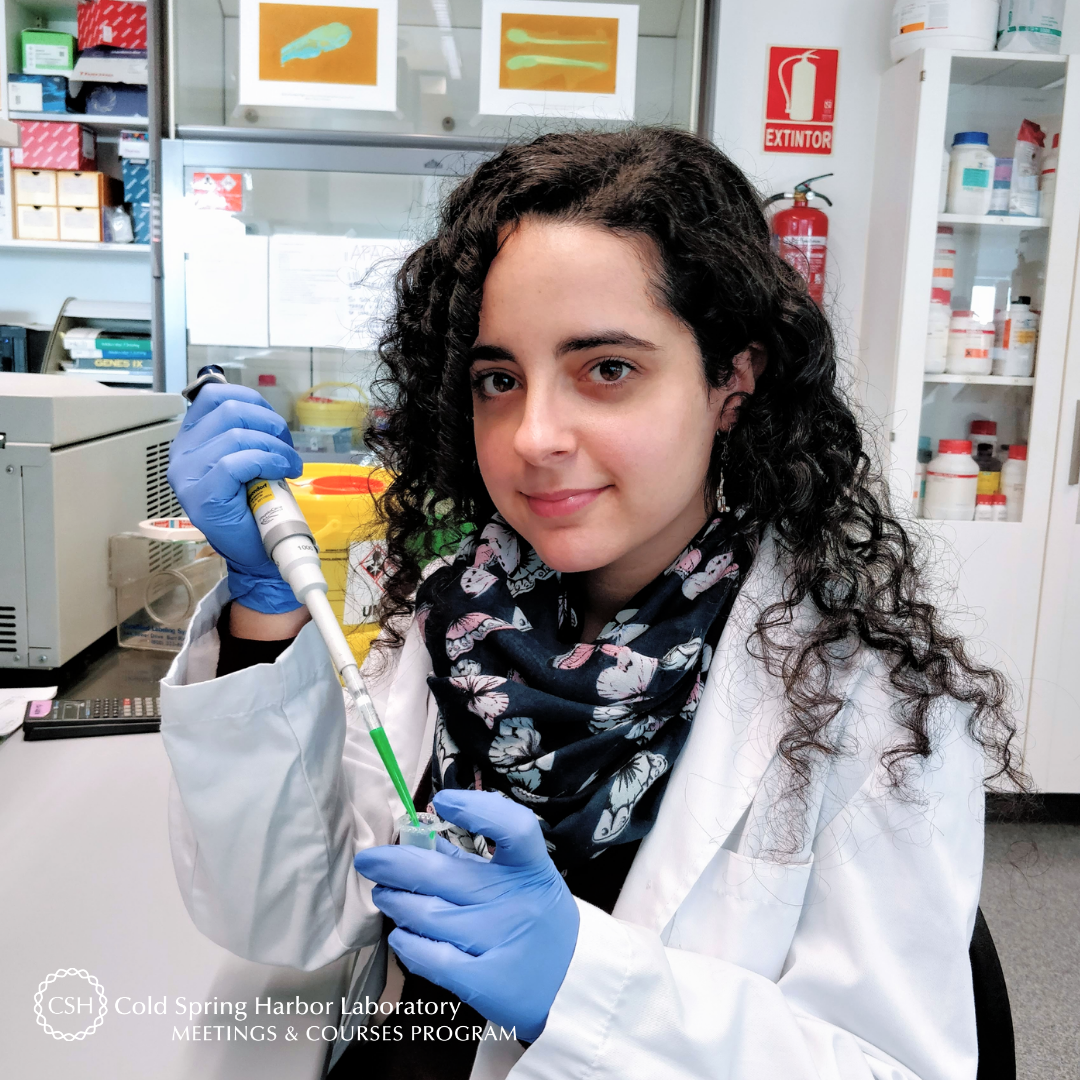Meet Gemma Camara of the Bishop’s University in Quebec, Canada! The undergraduate student is completing her research studies under a second experiential learning course at Dr. Rona Graham’s lab at Sherbrooke University, that is co-supervised by Bishop’s University Psychology Department Chairperson Dr. Jonathan Carriere. She spent most of this week with us at the 2020 Neurodegenerative Diseases: Biology & Therapeutics virtual meeting where she presented her first-ever poster entitled “The relationship between cognitive scores and detection of specific odours in the elderly”.
Tell us about your research.
Olfactory dysfunction is important as it is a common early sign of neurodegeneration. My research project looks at three important questions:
If seniors experience general loss or loss of specific scents,
The difference in scent identification abilities between males and females,
If there is a relationship between correct scent identification and cognitive test scores.
How did you decide to focus on this area/project?
I started studying under Dr. Graham in her lab during the winter of 2020 with the co-supervision of Dr. Adrianna Mendrek at Bishop's University. Throughout this research experience, I’ve discovered a passion for olfactory function by working on Dr. Graham's research.
What and/or who is the inspiration behind your scientific journey?
I always had a passion for health science. Bishop's University piqued my interest because it is an English University with smaller classes, which is not easy to find in Quebec. The field of Neuroscience spoke to me; I love the professors and opportunities that this program provides. It is the reason I am here today. Students get a tremendous amount of support to pursue whatever they desire.
What impact do you hope to make through your work?
Many elderly do not self-report olfactory dysfunction because of its subtle change in daily life. If olfaction is related to cognitive decline and early-onset AD, we could prolong its function by introducing early interventions such as olfactory therapy.
Where do you see yourself in five years?
I see myself finishing my Ph.D. in five years, maybe even giving a TED Talk about my research. The subject will most likely be on the physiology of neural pathways and related to olfaction, but I am open to other issues. I am in my third and last year of undergrad for now, and there is still a lot of research to do in the field of olfactory dysfunction.
What do you love most about being a researcher?
The people and science! I love the fact that when you find another researcher who has a similar passion, two strangers can instantly connect and work together or give each other advice, suggestions, etc.
What drew you to attend this meeting?
My supervisor Dr. Graham had suggested this meeting. She is always looking to guide me through new opportunities that will allow me to grow and go beyond my comfort zone. I am very grateful to have such a good mentor.
What is your key takeaway from the Meeting; and how do you plan to apply it to your work?
During the first night’s social event when Dr. Aaron Gitler asked me if I had applied to Stanford. I never thought to push myself to be a part of any of the “Ivy Leagues” before but his question made me think about the limitations I've set for myself. The sky's the limit, and there are tons of great Universities looking to take on smart ambitious students who are hardworking and who put themselves out there. I plan to continue working hard as a researcher so that soon I’ll be giving a presentation on one of our “groundbreaking” findings.
Also, during the Meet the Speakers event, I had the opportunity to meet and chat with Dr. Fenghua Hu and Dr. Goncalo Castelo-Branco, who both gave fantastic presentations on the first day.
What feedback or advice would you share with someone considering to participate in this meeting?
Participate in as many of the conference activities as possible! Fully immersing myself has been a great experience. The speaker and poster presentations enable an opportunity for feedback on published and unpublished data. You will have so many great interactions with the participants!
What’s the most memorable thing that happened during the Meeting?
The conference is still not over! But so far, the most memorable moment for me was the icebreaker on the first day. I love conversing with researchers from different universities. Everyone is extremely approachable and eager to give and receive feedback on their work. Thus far, every presentation has been impressive; I would highlight the presentation by Dr. Chloe Lee-Lopez on Male sex chromosomes attenuate cytokine response to inflammation in aging brain.
Thank you to Gemma for being this week's featured visitor. To meet other featured researchers - and discover the wide range of science that takes part in a CSHL meeting or course - go here.
Image provided by Gemma Camara






























